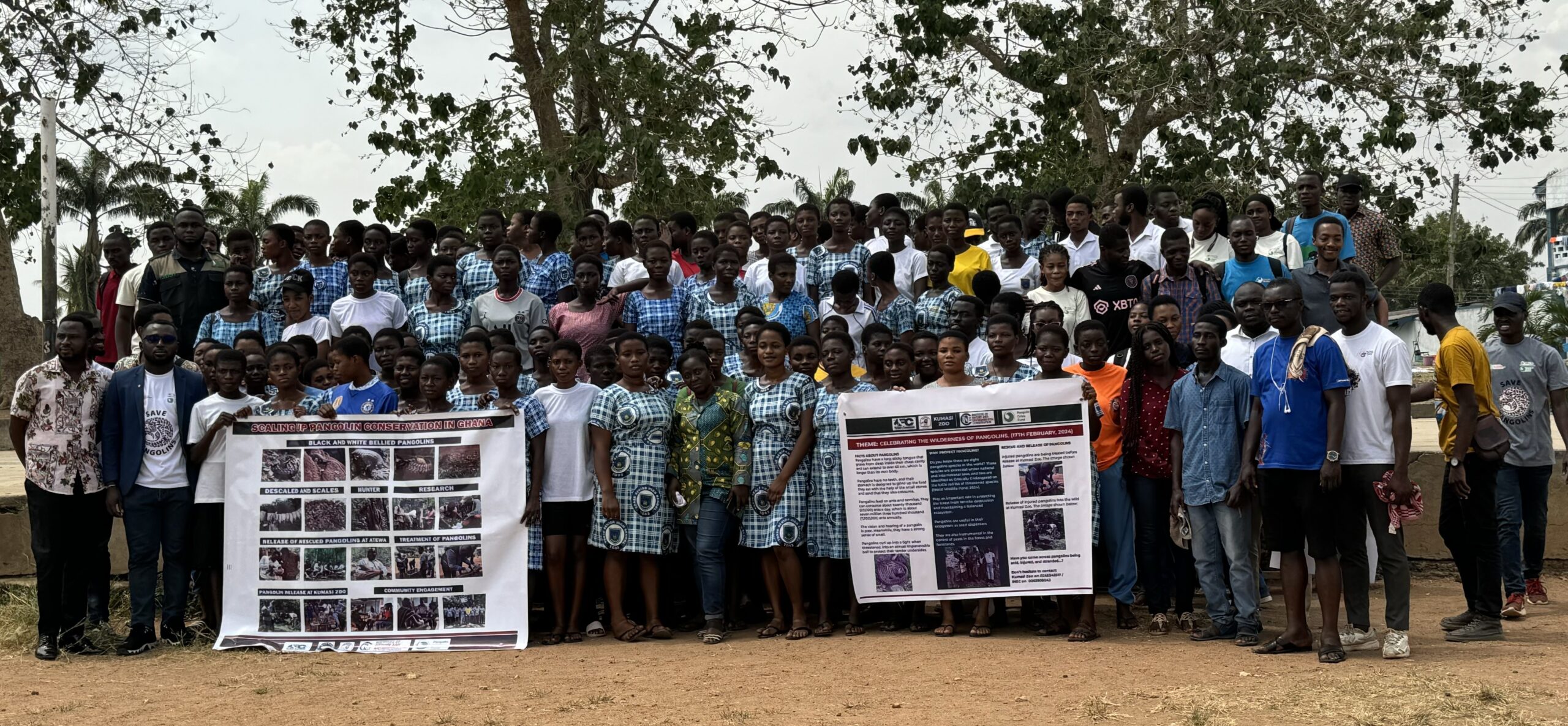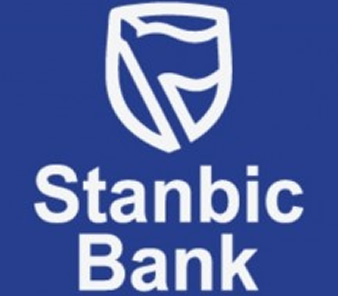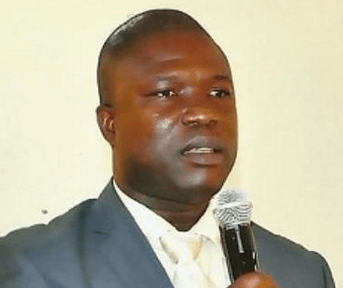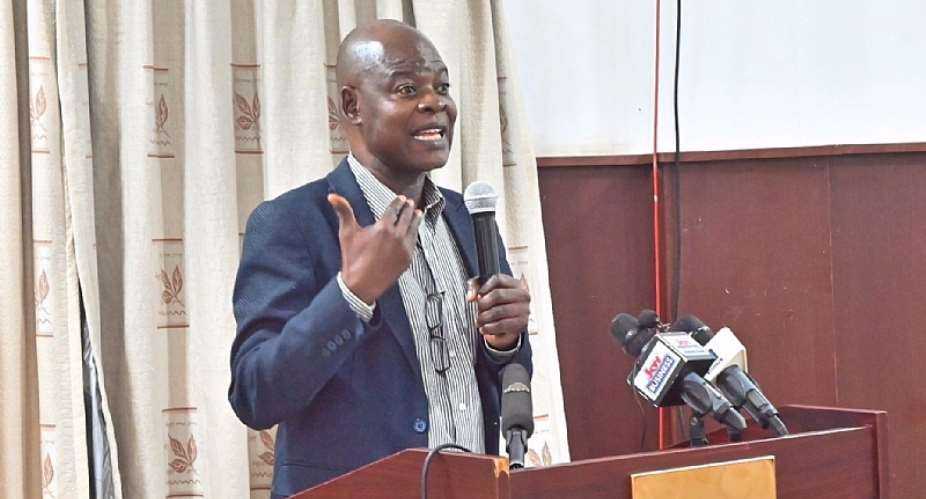
By Kizito CUIDJOE
The Institute of Economic Affairs (IEA) has urged the government not to renew or extend any commercial mining leases held by foreign companies when they expire in the coming years, calling instead for a shift toward full local ownership of the country’s mineral resources.
The policy think tank said the expiry of several major leases over the next three years presents a “golden opportunity” to reset the sector in line with the government’s promise of economic transformation.
It, therefore, proposed a national policy that would prohibit the granting of new concessions or lease extensions to foreign entities, arguing that decades of dependence on overseas operators had left the country with little to show from its mineral wealth.
“We cannot continue to renew colonial-era contracts that deprive Ghanaians of the full value of their own resources,” the Founder and Chairman of IEA, Dr. Charles Mensa, said at a press conference in Accra.
“The government must take decisive steps now to ensure that mining wealth benefits the nation rather than foreign shareholders.”
Ghana, Africa’s largest gold producer, exported US$11.6 billion worth of the metal in 2024, according to official data. But government receipts amounted to only US$2.3 billion, less than 20 percent of the total export value, highlighting the limited fiscal benefits from one of the country’s most important sectors.
As of 2024, there were a total of 24 large-scale mines, one state-owned, two Ghanaian wholly-owned mines, two Ghanaian significant participation and a total of 19 foreign-owned mines, according to data provided by the Ghana Chamber of Mines.
The IEA noted that three mining leases, held by Newmont Golden Ridge Limited, Gateway Exploration Limited and GBF Associates Ghana Limited, were recently renewed without a plan to transition them to local ownership.
By contrast, Parliament ratified a 12-month non-renewable lease for Abosso Goldfields, a development the IEA welcomed as a transitional step but said should have been extended to all operators.
It noted further that Ghana has undergone 18 IMF programmes since independence, largely due to its persistent struggle to mobilise domestic revenue, adding that a stronger grip on mining could reduce reliance on external borrowing and shore up foreign exchange reserves, particularly as the country faces pressure from bond repayments due from 2027 under its domestic debt exchange programme.
The IEA, therefore, called on the government to develop a comprehensive transition framework, drawing lessons from South Africa’s Black Economic Empowerment policy, to gradually but firmly place Ghanaian investors and institutions at the centre of mining operations.
“We take this opportunity to urge the Minerals Commission to consider only Ghanaian investors when awarding a new mining lease for the Damang Mine,” it stated.
Foreign expertise, on the other hand, it said, should only be engaged through short-term service contracts rather than ownership stakes. “Leverage local expertise and limit foreign involvement to service contracts Ghana possesses substantial technical and managerial expertise in the mining sector.”
“It is time to harness this capacity to manage our mineral resources in the national interest. Where specialised foreign expertise is unavoidable, it should be engaged only through time-bound service contracts.”
Under their proposed model, IEA said the state should contract private mining companies, “selected through a transparent competitive bidding process, to mine the resource and is reimbursed for its production costs plus a profit margin. This ensures that full ownership of mining operations and all associated revenues remain with the state or Ghanaian entities.”
Furthermore, the IEA enjoined the government to ensure timely transition planning to prevent lease extensions. “To avoid lease extensions being justified on the grounds of “smooth transition” or protecting the livelihoods of Ghanaian mining workers, the government must issue formal notices well in advance to all foreign mining companies with leases due to expire.”
These notices, it said, should trigger early and transparent engagement processes aimed at ensuring an orderly and timely transfer of operations to local ownership and control.
Dr. Mensa, in an interview on the sidelines of the press engagement asserted that Ghanaian investors were capable of raising the capital needed for large-scale mining if given the opportunity. “It is possible for Ghanaians to mobilise the needed capital to invest in commercial mining projects through local banks,” he said.
“The notion that only foreigners can commit the kind of resources required, say, US$200 million for a large-scale mine, is misleading and has been used to justify the continuous award of leases to foreign entities.
The post IEA calls for halt to foreign mining renewals, advocates local control appeared first on The Business & Financial Times.
Read Full Story


















Facebook
Twitter
Pinterest
Instagram
Google+
YouTube
LinkedIn
RSS